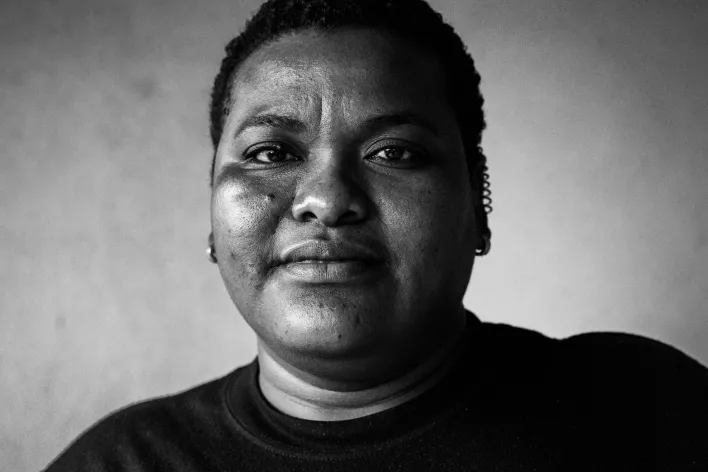
“My activism did not start in April 2018. I have been an activist for as long as I can remember and I have always been very consistent, from my territory on the Caribbean Coast, an invisible region with which Nicaragua has a historical debt.
Being an activist is a 24/7 commitment, when I arrived in Costa Rica in 2019, it was very difficult, because it is not the same to do activism in your own land as it is to do it in someone else’s. You face multiple challenges such as social acceptance in a country marked by racial and ethnic discrimination, hunger, as well as the pandemic.
However, despite finding ourselves in limbo, from solidarity with our struggle and with our networks that continue in Nicaragua, we activists in exile have not been able to stop. From our guts and our hearts, we continue to make visible the abuses that plague our country, being the voices and critical eyes of those who are still there and cannot go out to demonstrate in the streets, so that the struggle of April 2018 is not forgotten. From a distance, we are witnesses to all the human rights violations that are being committed in our country and we cannot stay with our amrs folded, nor let this spark of civic and peaceful struggle that opened the April rebellion be extinguished. This is how we keep hope.
I think that one of the gratifying things about exile has been to be able to organise and to be able to create social fabric that I see as a force, in the sense that we are weaving networks so that our struggle is sustainable, leaving traces and opening the way for other people who have to go into exile”.
Dark Star
